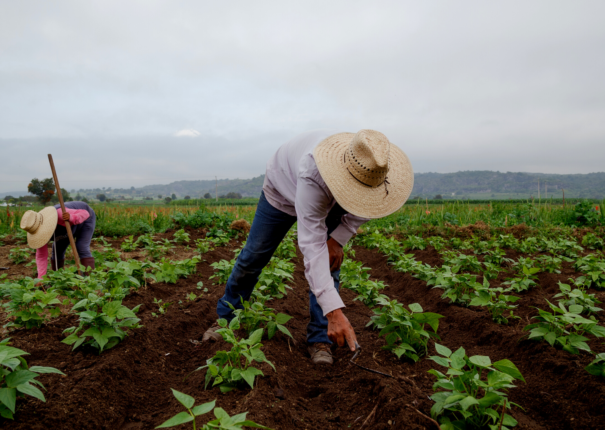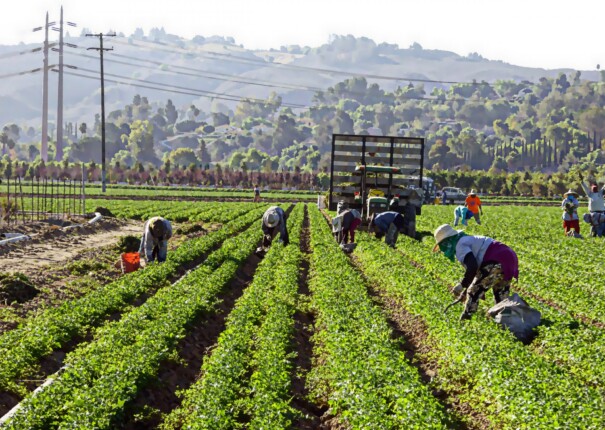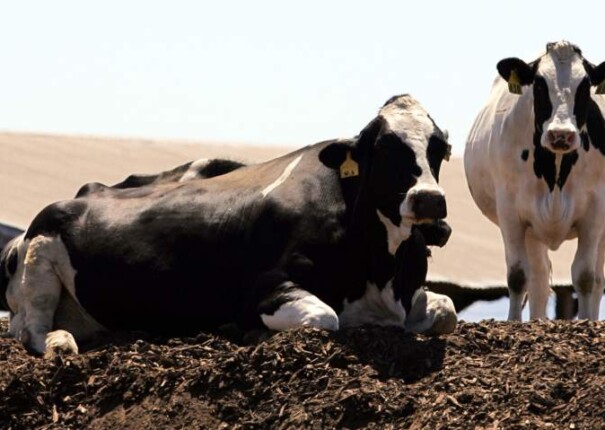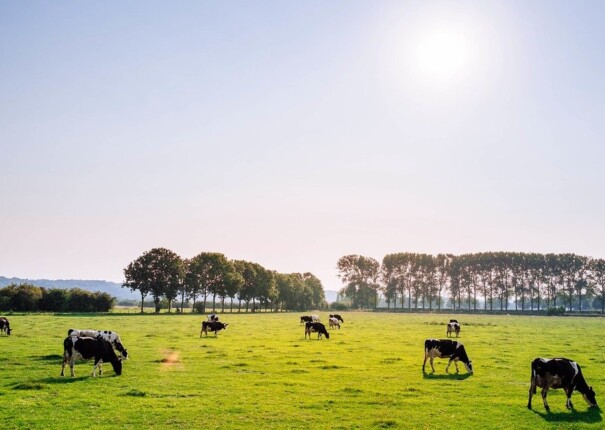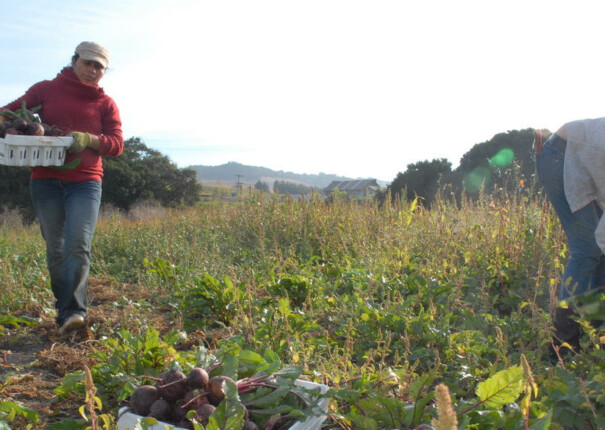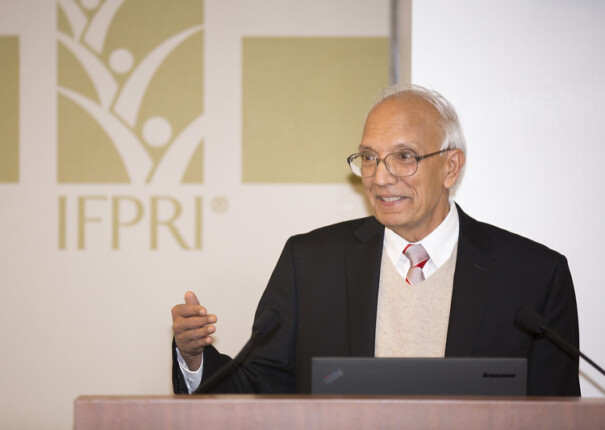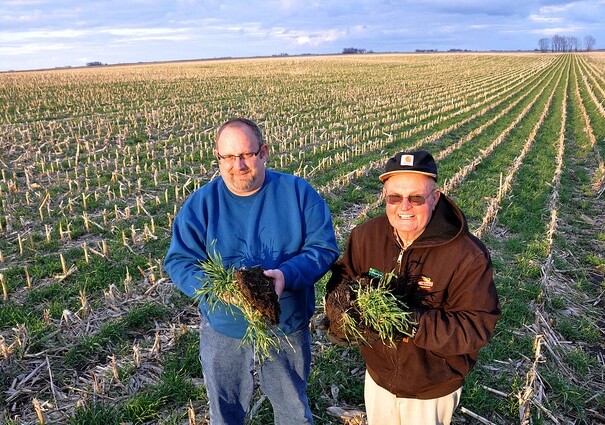AB 552 (Bennett) Regional Farmer Equipment and Cooperative Resources Assistance Program
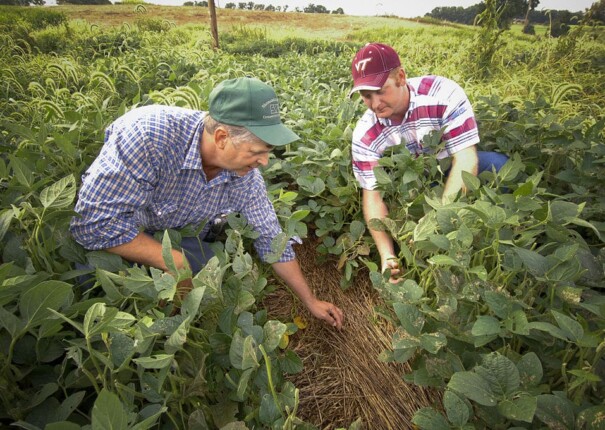
Under existing law, the Department of Conservation administers various programs relating to agriculture including the California Farmland Conservancy Program. Existing law authorizes the program to offer financial assistance, including grants or contracts, for projects and activities on agricultural lands that support agricultural conservation and sustainable land management, including, among other projects and activities, the acquisition of agricultural … Read more
